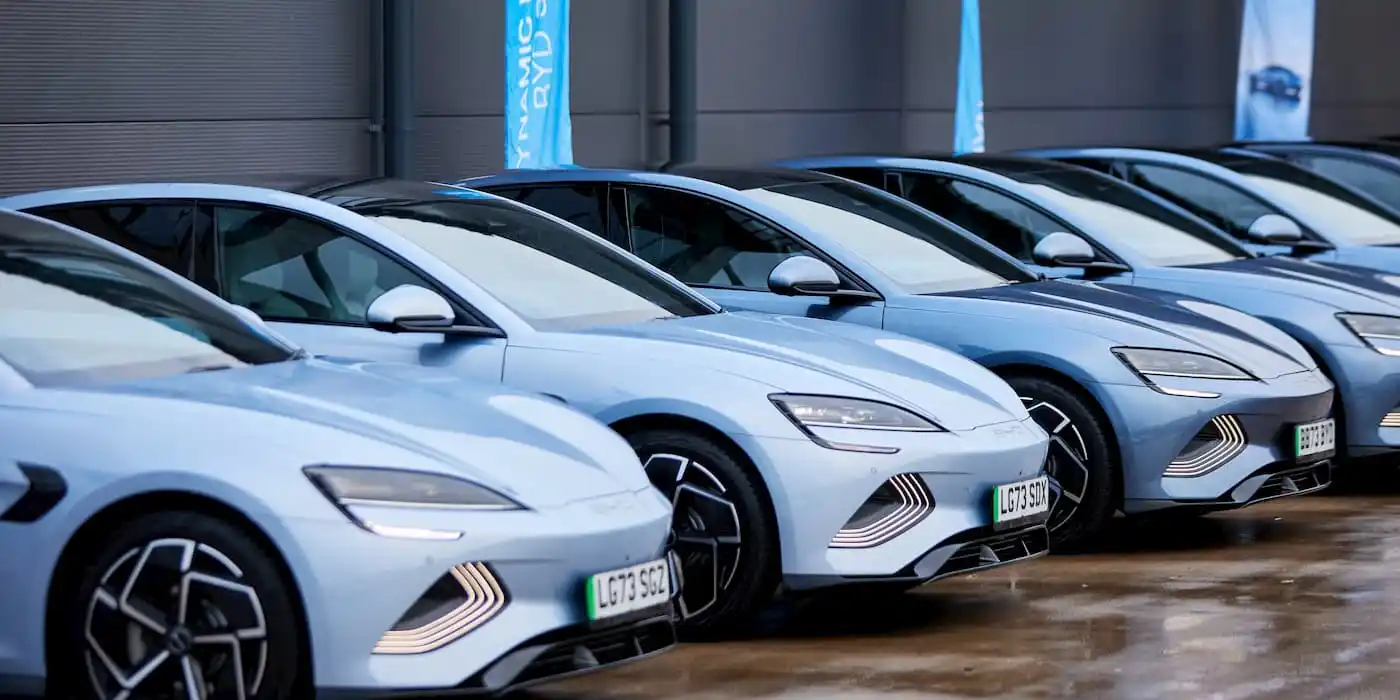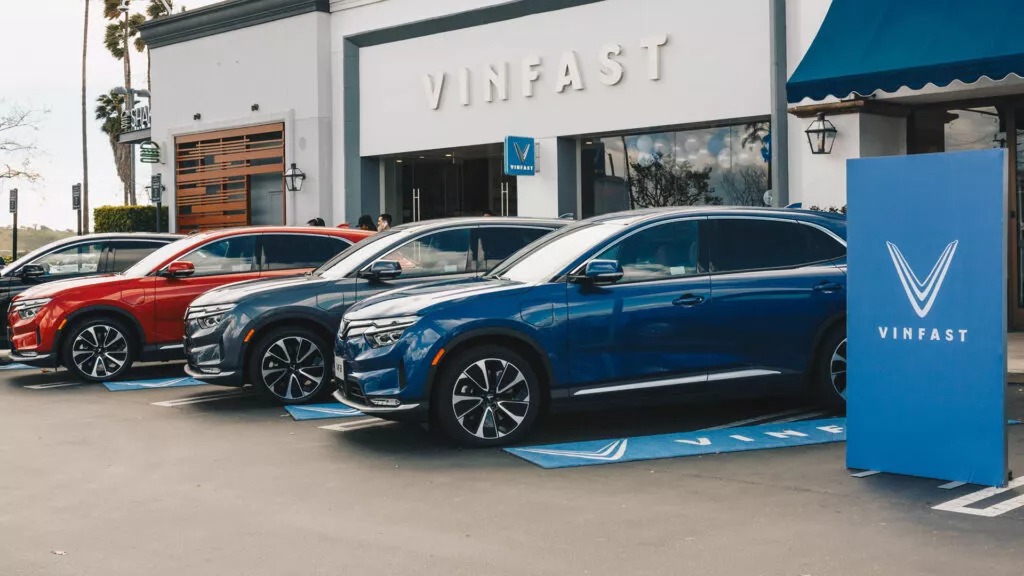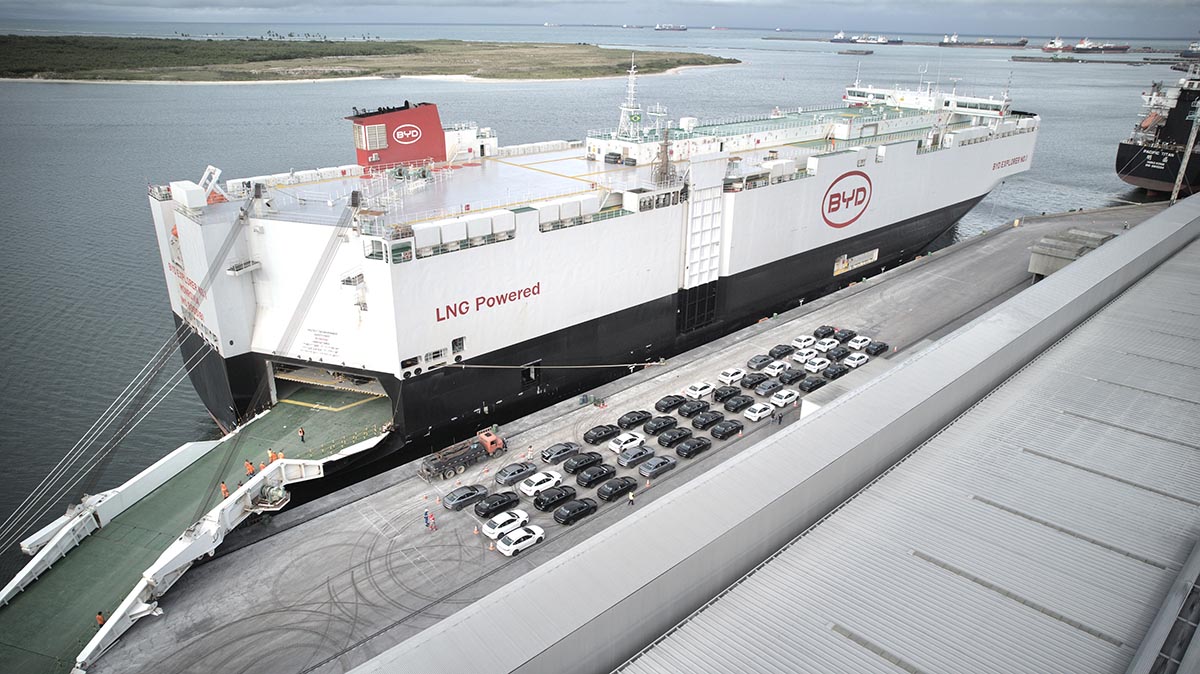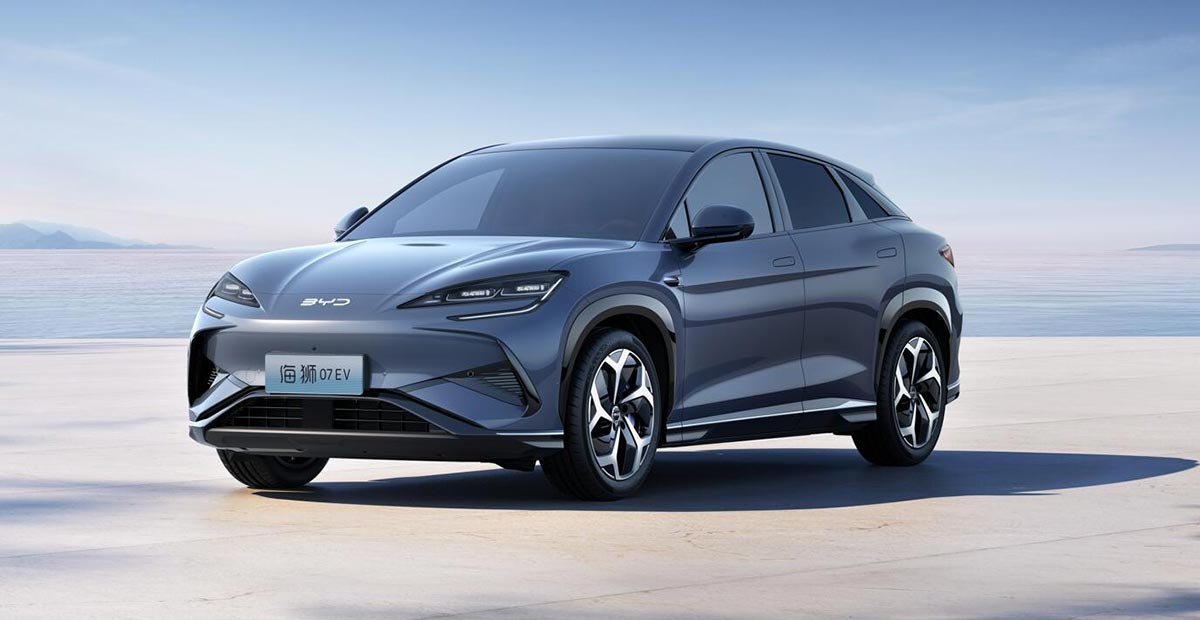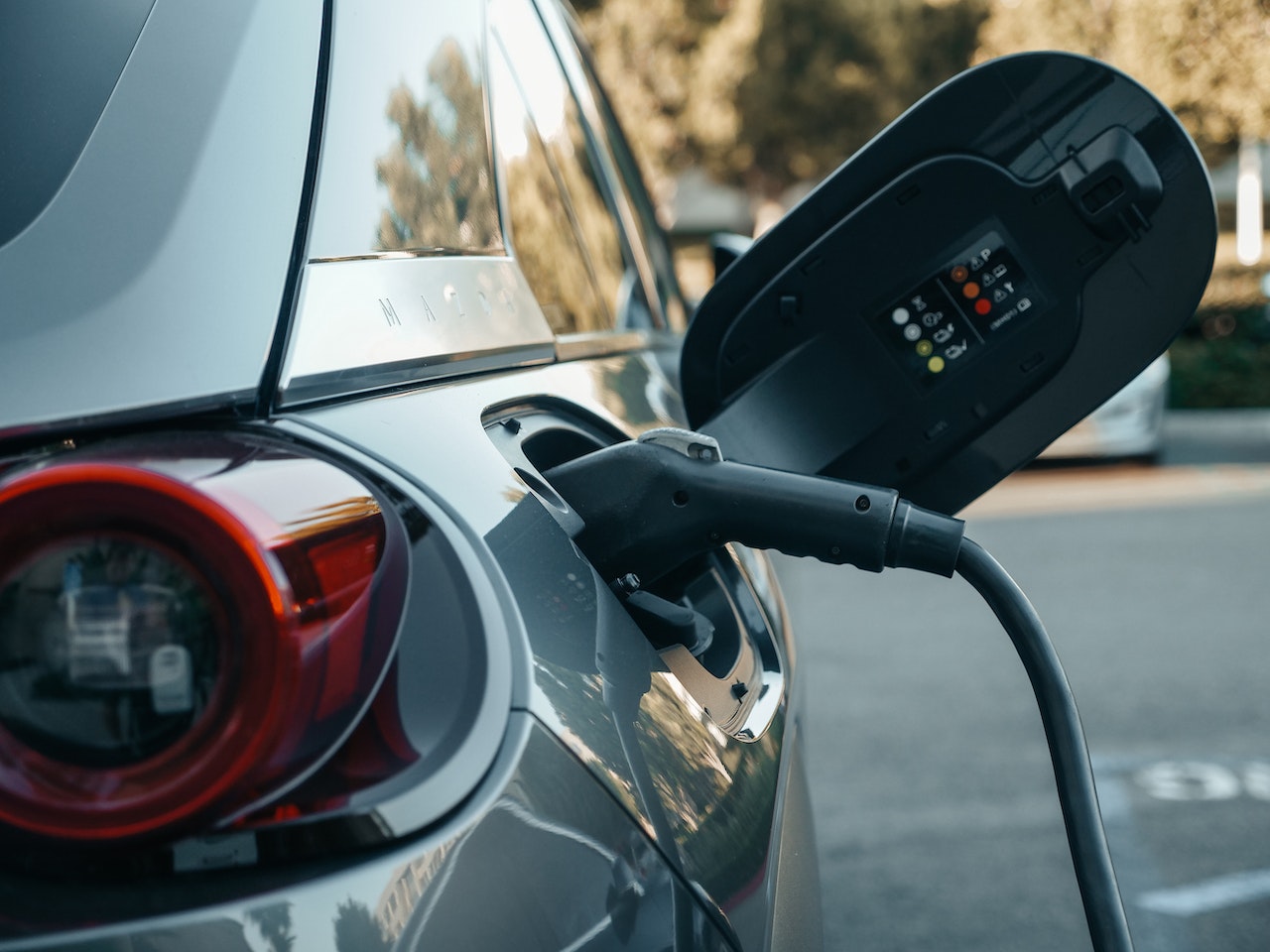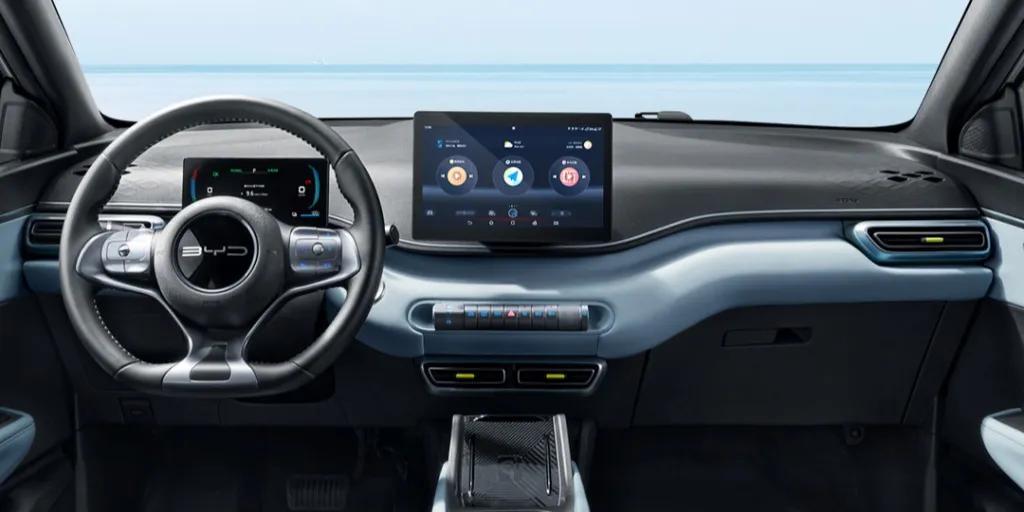The European Commission expressed confidence on Friday that its investigation into Chinese state subsidies for electric vehicles (EVs) and the resulting measures are in line with World Trade Organization (WTO) rules. This comes as the EU’s executive body affirmed that its probe will continue despite China’s request for a WTO consultation.
In July, the European Union imposed provisional tariffs of up to 37.6% on EV imports from China, aiming to protect its domestic EV industry. The tariffs followed an EU investigation that concluded Chinese-made vehicles were benefiting from state subsidies, which the EU deemed unfair competition.
China, however, challenged the EU’s findings, arguing that the investigation and the resulting tariffs lacked a solid factual and legal basis, and that they violated WTO rules. In response, Beijing formally requested a consultation with the WTO to address the dispute.
A spokesperson for the European Commission stated, “The Commission is confident of the WTO-compatibility of its investigation and provisional measures.” The spokesperson further clarified that the request for WTO consultations “does not affect the timeline of the anti-subsidy investigation, which in the meantime continues.”
WTO disputes are known to be lengthy processes, often taking years to resolve. The situation is further complicated by the current dysfunction of the WTO’s Appellate Body, which has been inoperative since 2019 due to a lack of new appointments. However, both the EU and China are part of the Multi-Party Interim Appeal Arbitration Arrangement (MPIA), a mechanism that allows for the adjudication of disputes while the WTO Appellate Body remains blocked.
As the situation develops, the European Commission indicated that it is carefully reviewing the details of China’s request and will respond to the Chinese authorities in accordance with WTO procedures.

